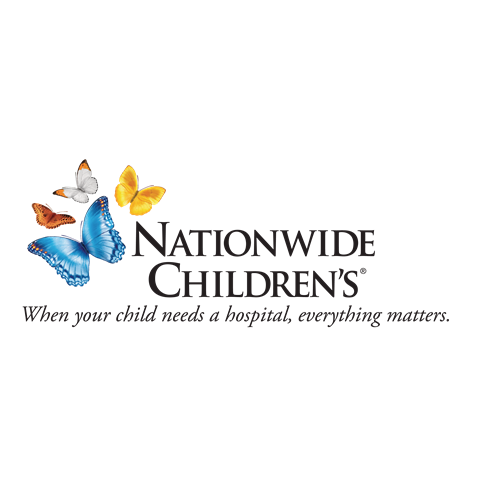Available Technologies
# of Displayed Technologies: 1 / 1
Applied Category Filter (Click To Remove): Anti-Infective Agent
Categories
 Method for Inhibiting the Growth of Intrabacterial Pathogens Salmonella and Francisella in the Infected Cells (KH-1)
Method for Inhibiting the Growth of Intrabacterial Pathogens Salmonella and Francisella in the Infected Cells (KH-1)
TS-000480 — Intrabacterial pathogens are infectious bacteria that infiltrate cells and infect those that come in contact with them. Significant bacterial infections include those of salmonella, often caused by the consumption of contaminated food, and francisella, caused by handling infected animal tissue. A team at Nationwide Children’s Hospital has developed novel therapeutics to inhibit the growth of these bacteria in infected cells, designated as KH-1 and KH-2. These compounds target the host immune pathway to help the infected cell control bacterial growth, and control infections in not only antibiotic susceptible strains, but also multidrug resistance strains.
Benefits:
The proposed application of the compound is a novel method to control infections by intracellular pathogens. Traditional antimicrobials directly target bacteria and frequently select for antibiotic resistant mutants. Our preliminary data indicate that KH-1 does not directly kill bacteria, rather it targets the host immune pathway to help the infected cell control bacterial growth. The KH-1 is proposed for controlling infections by not only antibiotic susceptible strains but also multidrug resistance strains.
Stage of Development:
The use of antimicrobials to treat infections selects for antibiotic resistant mutants. Antibiotic
resistance is a top threat to public's health. In the U.S alone, antibiotic resistance is responsible for more than 2 million infections and 23,000 deaths per year (CDC 2019). Novel intervention strategy is urgently needed to combat multidrug resistant strains and replace the use of antibiotics.
Prototype: Intracellular pathogens use multiple mechanisms to manipulate the host cell immunity in
such a way that is favorable for pathogens to grow and ultimately cause host cell death that is indicated by releasing some intracellular components from the infected host cells including lactate dehydrogenase. Host targeted-drugs protect the infected cell from death can be used as host therapy to control infections-it allows the infected host cell time to kill the ingested microbe. We screened a kinase inhibitor library for compounds that limit cell death from Salmonella infection and identified KH-1 as antiSalmonella, and in subsequent testing, also anti-Francisella.
Proof of principle: KH-1 treatment reduces host cell lysis and intracellular bacterial (Salmonella and Francisella) growth inside J774.1 macrophages. KH-1 also protects the mice from lethal Salmonella and Francisella infection.
Future Work:
1- We will identify KH-1 target(s) in the host cell and investigate how KH-1 helps the infected cell to limit bacterial growth.
2- We will study any observed side effects of KH-1 to the host.
3- We will study pharmacokinetics and dynamics of KH-1.
4- We will improve KH-1 delivery to achieve the best effects.
5- We will examine the effects of KH-1 on controlling multi-drug resistant intracellular bacterial
strains.
Potential Applications / Potential Markets:
1- Treating infection caused by intracellular pathogens not limiting to Salmonella and Francisella.
2- Treating infections caused by multidrug resistant intracellular pathogens.
Opportunity/Seeking:
Commercial Partner
Licensing
IP Status:
Patent Application Submitted
- College:
- Inventors: Hoang, Ky; Gunn, John
- Licensing Officer: Murrah, Kyle
